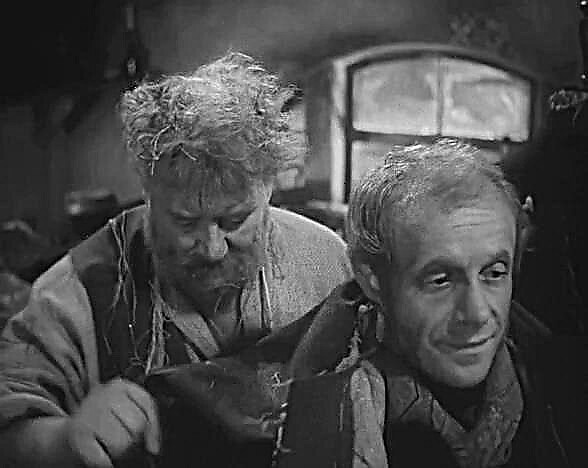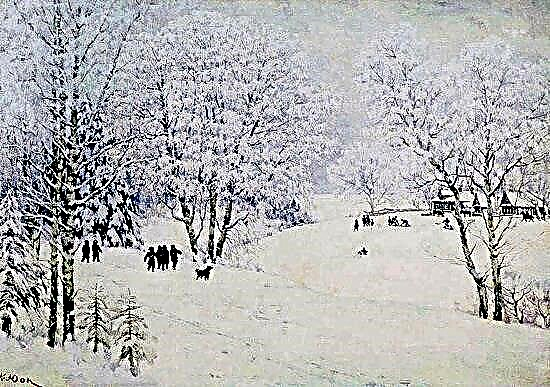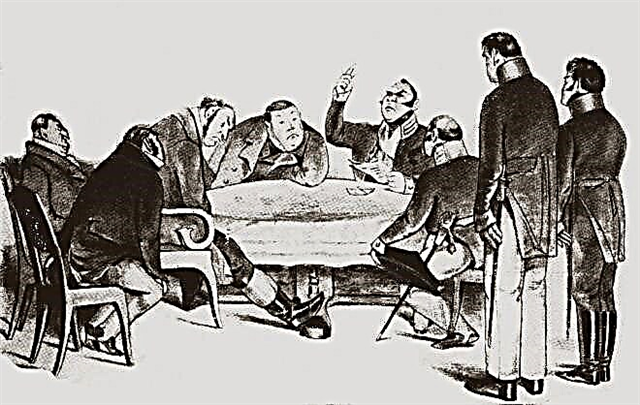(388 words) Revenge is the lynching of a wronged person over the offender. Many people cannot calm down after the insult inflicted and answer the same. Sometimes their desire to restore justice turns into a mania and causes terrible acts. Therefore, revenge is traditionally perceived by a person negatively, but nevertheless is a popular means to solve the problem of justice. When we feel that the criminal remains unpunished, it is retribution that seems to us the only way to hold him accountable. To better understand the meaning of this concept, we turn to the literature.
An example of revenge was described by M. Lermontov in “Song about the Merchant Kalashnikov”. The hero of the work was the victim of a serious insult. The Oprichnik pestered his wife right on the street in front of the whole people. Stepan understood that the honor of the whole family was hurt, and only blood could wash the shame. Then he called all his brothers and ordered them to take revenge on the offender if Kalashnikov himself fell in battle. The man challenged Kiribeevich to a duel and won, avenging his violated tribal honor. No matter how fair the desire to punish the criminal, Stepan’s retribution went beyond the law, so the king punished him, because justice has nothing to do with revenge. Kalashnikov defended his interests, neglecting the public, this is the essence of retribution.
Another example of revenge was described by A. Kuprin in the work “The Duel”. The hero left his mistress because he no longer loved her. He honestly told her about it and acted with dignity, because their relationship was originally criminal, since the woman had a legal spouse. But Raisa did not think so and was offended by the behavior of Romashov. The heroine yearned for revenge and found a way. Knowing the man’s affection for the officer’s wife Shurochka, the former passion of the protagonist began to spread rumors about their affair. The husband was furious when he received an anonymous exposure. According to the rules of the time, he was obliged to find out the relationship in a duel. In this incident, Shurochka herself benefited, and deceived Romashov, saying that the duel would not take place seriously, and both participants should only pretend to be warriors. So the woman ensured her husband victory and transfer to another place of which she so dreamed. But Nikolaev fought in earnest and killed an opponent. So, Raisa's revenge led to tragic consequences, and this is another distinguishing feature of retribution.
Thus, revenge is lynching. A man tries on a judicial mantle and administers a court, but it only seems to him that he is fighting for justice. In fact, he only defends his personal interests, and nothing more. There is no justice in revenge, and anyone who falls before it only multiplies the evil to which he answers.












